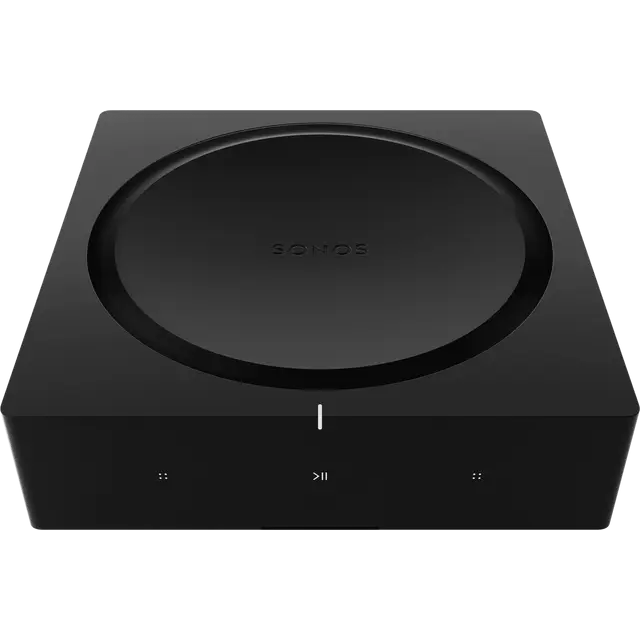This is a more detailed definition to that of our Glossary of Hi-Fi terms. It is written for the more novice music fan in mind with the objective of providing a little extra clarity in helping the reader make informed purchasing decisions. Of course, our expert and friendly staff are on hand to discuss in more detail should you wish.
A music amplifier (or amplifier, or AMP) is an electronic device that increases the strength of an audio signal. It is an essential component in any sound system. It allows the signal from a source, such as a CD player, streamer or a microphone, to be amplified and sent to speakers. Amplifiers come in a wide range of sizes, types and power, ranging from small portable units to large professional models.
Amplifiers operate by taking an input signal, such as a weak audio signal from a microphone, and increasing its strength through a series of electronic circuits. The input signal is first passed through a preamplifier, which increases the signal strength to a level suitable for the next stage of amplification. The signal is then passed through the main amplifier, or power amplifier, which increases the signal strength even further. Finally, the amplified signal is sent to the output stage, where it is sent via a cable to a speaker (or to several speakers at once).
Amplifiers are rated in terms of their power output, which is measured in watts. A higher wattage rating means that the amplifier is capable of producing a more powerful electrical signal. It is therefore suitable for use in larger venues or for driving larger speakers which require the additional energy to move the air that is sound.
It is important to note that a higher wattage rating does not necessarily mean that the amplifier will produce a better quality sound. The quality of an amplifier is also determined by its design and the components used in its construction.
There are many types of amplifiers, each designed for a specific purpose. For example, there are guitar amplifiers, which are used to amplify the signal from an electric guitar. There are also bass amplifiers, which are designed to amplify the low frequency signals produced by a bass guitar. In addition, there are amplifiers for home theater systems, car audio systems, and professional sound systems. Take a look at our range here.
Amplifiers may have a built-in equaliser, which allows the user to adjust the balance of low, mid, and high frequencies in the amplified signal. This can be useful for fine-tuning the sound of an instrument or for adjusting the overall sound of a sound system to suit the acoustics of a particular room or venue and the preferences of the listener.
Many modern stage amplifiers also have built-in effects, such as reverb, delay, and distortion. These effects can be used to enhance the sound of an instrument or to create special sound effects. In addition to traditional analog amplifiers, there are also digital amplifiers, which use digital processing to amplify the audio signal. Digital amplifiers can offer a number of advantages, such as the ability to store and recall preset settings, and the ability to connect to a computer or other device for easy control and updates.
It is important to match the amplifier to the appropriate speaker in order to achieve optimum sound quality and avoid damaging the speaker or amplifier. Our experts would be happy to help you to choose the best AMP for your system – just contact us for expert advice.
A good amplifier can significantly enhance the listening experience, providing better sound quality and allowing the listener to enjoy music as the recording artist intended it to be heard.

